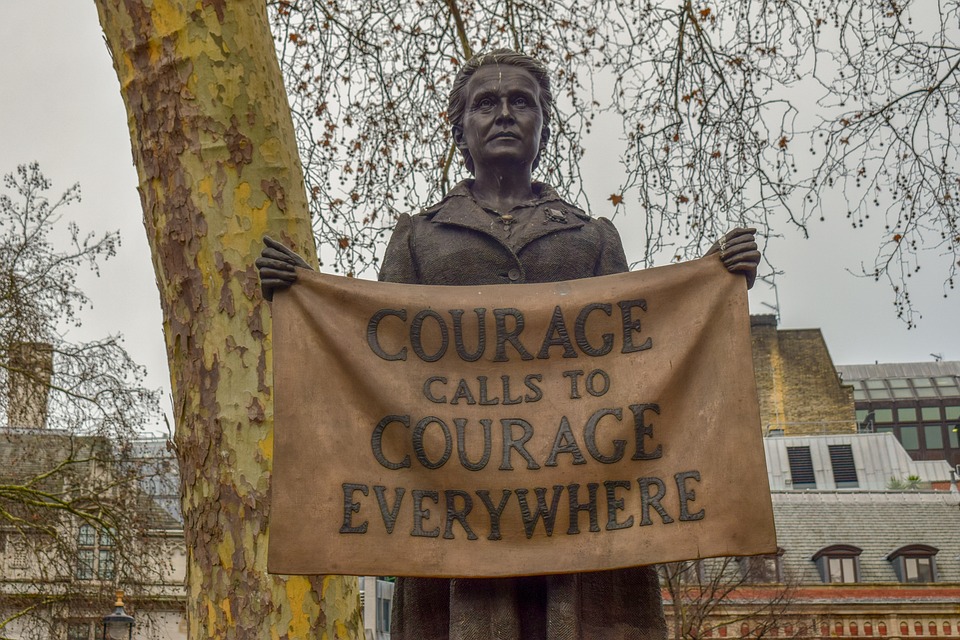Exploring the Evolution of Ideological Frameworks in Society
Throughout history, societies have been shaped by a variety of ideological frameworks that dictate the beliefs, values, and norms of a given group of people. These frameworks can be influenced by factors such as religion, philosophy, politics, and culture. As society evolves and changes, so too do the ideologies that govern it. In this article, we will explore the evolution of ideological frameworks in society and how they have influenced the development of civilizations.
The Ancient World
In the ancient world, societies were often governed by religious ideologies that prescribed the beliefs and behaviors of individuals. For example, in ancient Egypt, the pharaoh was considered a god-king, and his rule was justified by his divine right to rule. Similarly, in ancient Greece, the city-states were governed by various forms of democracy, oligarchy, and tyranny, each with its own set of ideological beliefs.
Religion played a significant role in shaping the ideologies of ancient civilizations. For example, in ancient Mesopotamia, the Code of Hammurabi codified laws based on the concept of divine justice, while in ancient India, the caste system was justified by religious beliefs about reincarnation and karma.
The Middle Ages
During the Middle Ages, societies in Europe were dominated by feudalism, a hierarchical system in which landowners held power over serfs and peasants. Feudalism was justified by the belief in the divine right of kings, who were seen as appointed by God to rule over their subjects.
Religion continued to play a significant role in shaping ideological frameworks during the Middle Ages. The Catholic Church wielded considerable power over society, dictating moral values and enforcing religious doctrine through institutions such as the Inquisition. The Crusades, a series of religious wars fought between Christians and Muslims, were justified by the belief that reclaiming the Holy Land was a sacred duty.
The Enlightenment
The Enlightenment marked a significant shift in ideological frameworks, as thinkers such as Voltaire, Rousseau, and Locke challenged traditional beliefs about the nature of government, society, and the individual. The Enlightenment emphasized reason, science, and human rights as the basis for a just and equitable society.
The Enlightenment also paved the way for the rise of liberalism, a political ideology that values individual freedom and equality under the law. Liberalism emphasizes the importance of democracy, human rights, and the rule of law in governing society.
The Industrial Revolution
The Industrial Revolution brought about significant changes in society, as economies shifted from agrarian to industrial, and urbanization transformed the way people lived and worked. The rise of capitalism as an economic system led to the emergence of new ideologies such as socialism and communism, which sought to address the social inequalities and injustices created by industrialization.
Socialism and communism advocated for the redistribution of wealth, collective ownership of the means of production, and the welfare of workers. These ideologies challenged the existing economic and social order, calling for a more equitable and just society.
The Modern Era
In the modern era, societies continue to grapple with a range of ideological frameworks that shape beliefs and behaviors. Globalization has led to the spread of ideas and values across borders, creating a diverse and interconnected world. Issues such as climate change, inequality, and human rights have given rise to new ideological debates and movements.
Contemporary ideologies such as environmentalism, feminism, and multiculturalism seek to address pressing social and environmental challenges through activism, advocacy, and policy change. These ideologies reflect the changing values and priorities of contemporary society, as individuals and groups seek to create a more inclusive, sustainable, and equitable world.
Conclusion
The evolution of ideological frameworks in society has been shaped by a complex interplay of historical, cultural, political, and economic factors. From the ancient world to the modern era, societies have been governed by a variety of ideologies that reflect the beliefs and values of their time. As society evolves and changes, so too do the ideologies that shape it, creating a dynamic and diverse tapestry of ideas and beliefs.
As we continue to navigate the complexities of the modern world, it is important to critically examine the ideologies that govern our societies and consider how they impact our beliefs, values, and actions. By exploring the evolution of ideological frameworks in society, we can gain a deeper understanding of the forces that shape our world and work towards creating a more just, equitable, and sustainable future for all.




